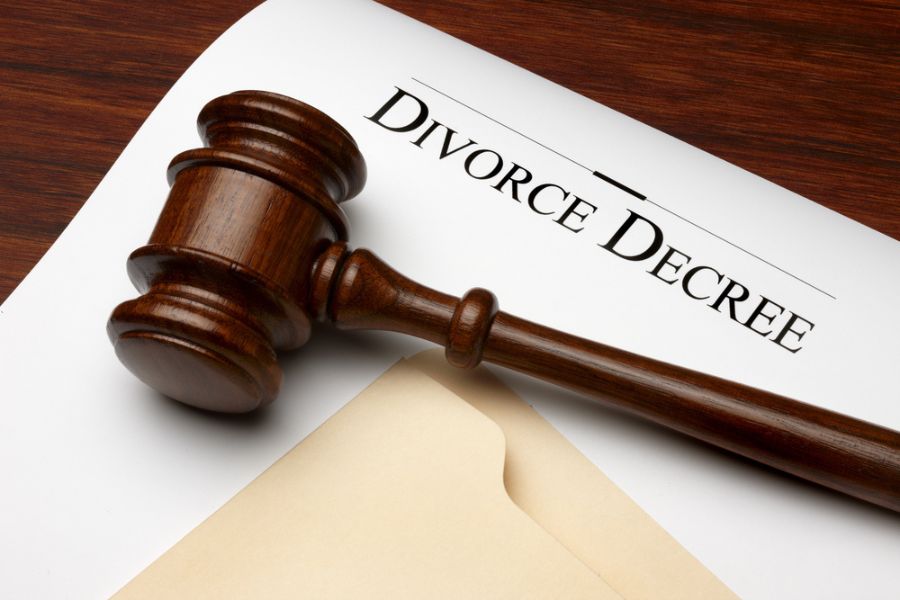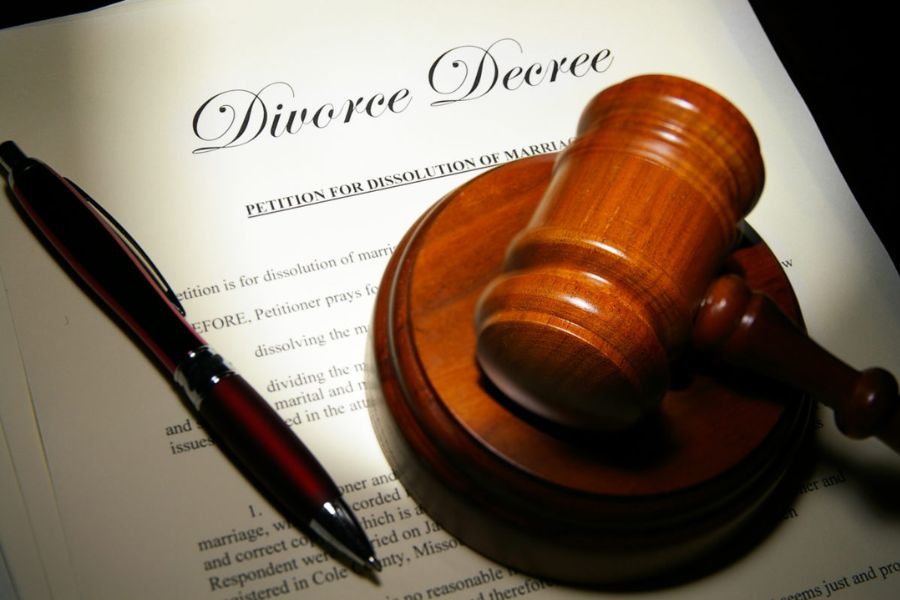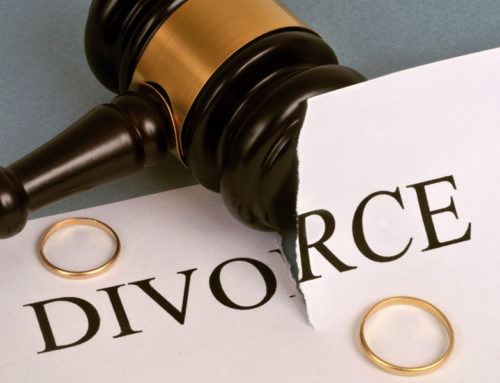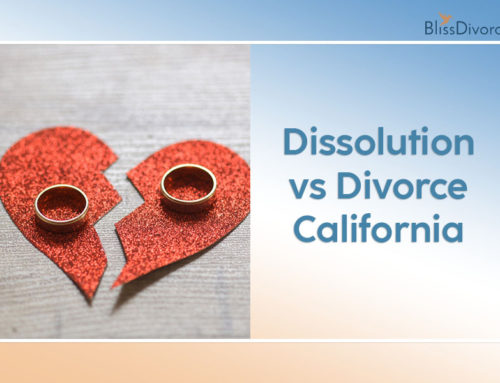With all this talk about community and separate property, you might be wondering, “do I really need to disclose everything? What if the account is just mine?”
Figuring out what needs to be disclosed and what doesn’t can seem complicated, but it’s not. The easy rule to remember is disclose everything.
Let’s say that Jen and John are getting divorced. They have a joint bank account like most couples, but Jen also has access to a bank account that she shares with her father.
After Jen and John were living separately, but before they started their divorce, Jen decided to go back to school to become a nurse. Her father wanted to support her, so he opened a bank account and put Jen’s name on it to help pay for her schooling more easily. Since then, she has been using it to pay for on-campus housing, tuition, books, and supplies.

Source: shutterstock.com / Photo Contributor: Jim Barber
Does she need to disclose this account to John during the divorce? It may seem like a gray area, but it isn’t. If Jen knows about this account, she is absolutely obligated to disclose it, along with any other account she knows about that John doesn’t, even if it is 100% her separate property.
When it comes to disclosure, there are no gray areas.
A divorce agreement is just that — what both parties agree to, based on their knowledge of all of the facts. If facts are hidden, and this comes to light, it is perfectly fair for the person that those facts were hidden from to request that the divorce agreement be re-evaluated, or even invalidated, based on this hidden information. Sometimes, this can mean taking the matter to court, which can be expensive and a hassle. The spouse who failed to disclose information can be subject to civil penalty or a fine.
Protect your divorce agreement by making honesty your policy!




